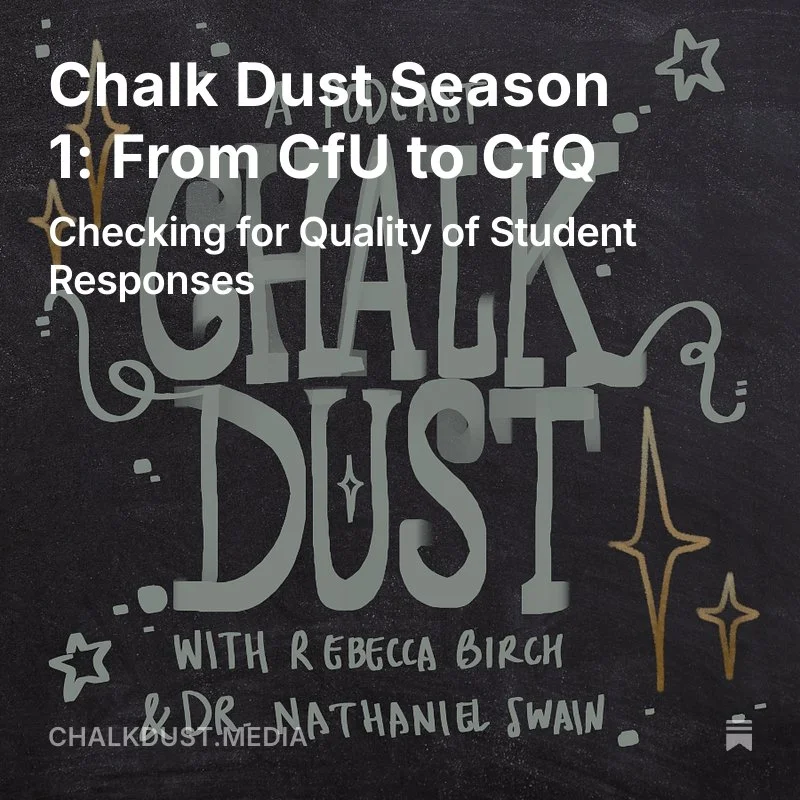upcoming Events
cognitorium
/ kɔg•nə•toː•riː•əm /
noun, place of learning
dr swain’s cognitorium
A BLOG ABOUT teaching, Teachers, Learners, and Learning.
The Cognitorium is a place which holds the learning experience as sacred. Journey with me as I put the Science of Learning into practice, honouring the experiences, motivations, and curiosities of my students—young and old.
ABOUT
Dr Nathaniel Swain
I am a Teacher, Instructional Coach, and Writer. I am passionate about language, literacy and learning, and effective and engaging teaching for all students.
Over my career, I’ve worked with students and teachers in a primary, secondary and tertiary settings as a teacher and instructional leader.
In 2019, I founded a community of teachers and other educators committed to the Science of Learning: THINK FORWARD EDUCATORS.
TEAChING Practice
Instruction
Student Engagement
Language
Literacy
Linguistics
Mathematics
Science
Humanities and Social Sciences
Subscribe to the cognitorium
to access slides from recent talks and other Subscriber Downloads
Here’s a preview!
QLD Reading Symposium Presentations Oct 2025
Flourishing Learners Conference - Coherent Curriculum Sep 2025
Sharing Best Practice Melbourne North May 2025
Sharing Best Practice Sydney March 2025
researchED Ballarat March 2025















